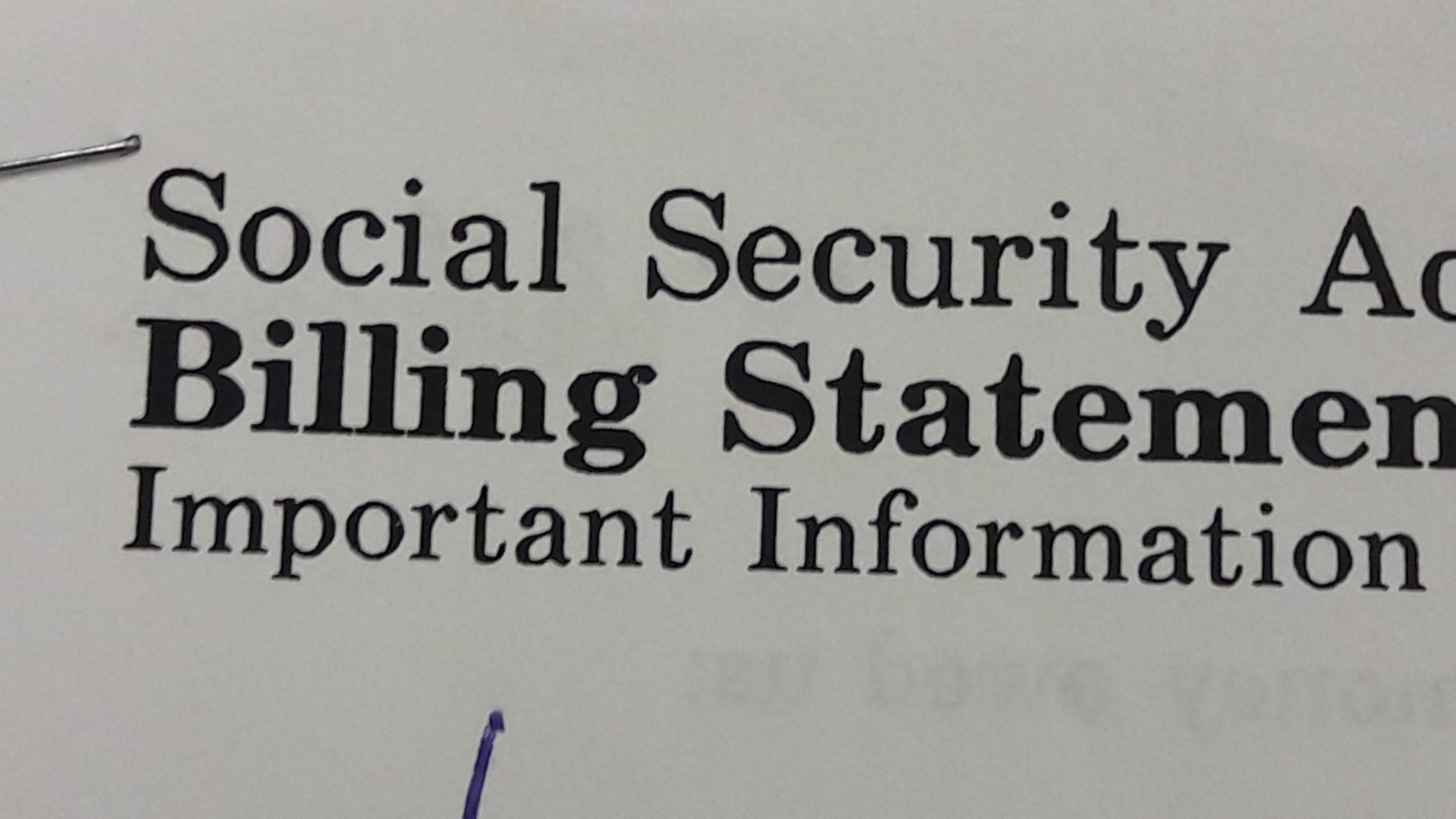By David J. Kelly, Minnesota Bankruptcy Lawyer
I want to say a few words about whether a debt owing to the Social Security Administration for overpayment of benefits can be discharged in a bankruptcy. Often it can be.
If you have received Social Security you know that several factors, many of them beyond your control, can affect whether you are eligible and for how much. This is especially true of disability benefits. A change in status can end your eligibility or reduce the amount. It’s all very complicated and hard to understand – especially if you are ill.
The Social Security Administration is a big and cumbersome organization that makes lots of mistakes. Lots of times they pay benefits when they are not supposed to. Often this happens because they can be very slow in processing information they receive from beneficiaries. The impression I have is that most beneficiaries are very careful about complying with requirements that they report any change in their circumstances. If you report the change and the benefits keep coming, most people would assume that the change didn’t make a difference. Later, however, you may be shocked to receive a nasty letter from the Social Security Administration. The letter claims that you have been overpaid and demands repayment.
Suddenly you have a very large debt to a federal government agency. Nobody is more powerful. They might start withholding from the benefits you are still eligible for; they might seize your tax refunds; or they might even start garnishing your wages. Most people assume that like the usual student loans and taxes, there is no way to make this go away. This is what I assumed too the first time someone came to my office with one of these letters.
I was surprised to learn when I did a little research that many if not most of these Social Security overpayment claims can be discharged in bankruptcy. When a debt like this is listed in a bankruptcy, it is going to be discharged unless the Social Security Administration successfully objects. In order to figure out whether to expect an objection, it is helpful to check Social Security policies as published in their on line Program Operations Manual. The guidelines as to when such an objection should be filed are in GN 02215.196 of the manual. They will object if they believe they can prove that the overpayment was a result of fraud or misrepresentation.
They use a three part test to define what they mean by misrepresentation. There must have been 1) an overpayment caused by false representation, 2) made with the intent to deceive and 3) upon which the Social Security Administration relied to it’s detriment.
The typical person I see in my office who with one of these overpayment letters isn’t anywhere close to satisfying the above test. This person hasn’t told any lies and certainly wan’t trying to deceive anybody. There was no intent to cheat the government out of anything. It was more a matter of just stumbling into the situation. If this is where you find yourself, you might want to give me a call. The chances that a bankruptcy can make the whole problem just go away are very good.






